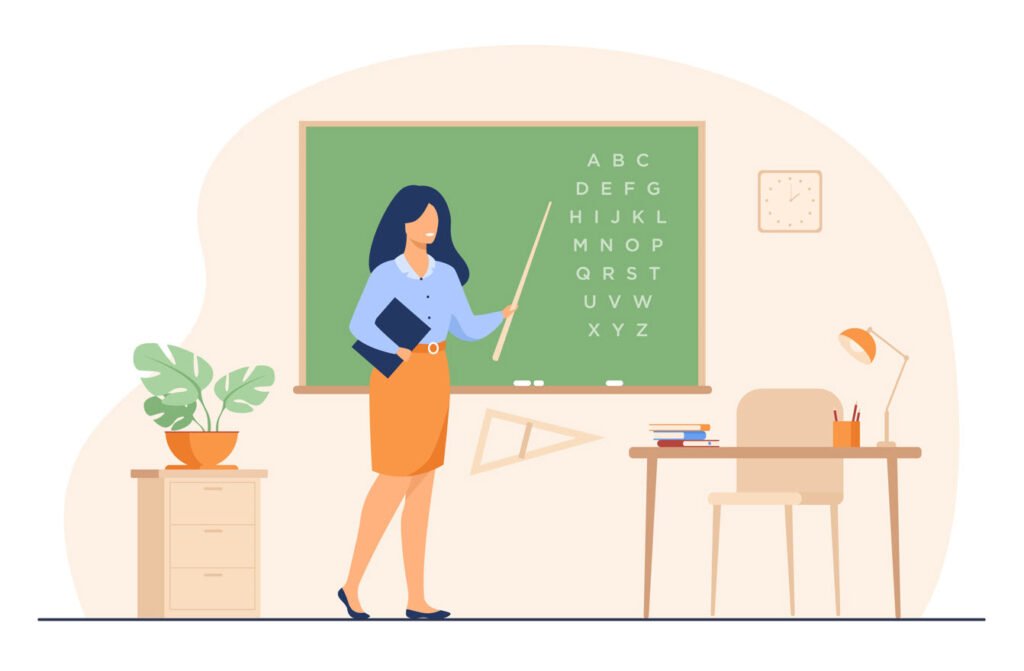Pronouns and determiners are essential elements of English grammar that serve to replace or modify nouns within a sentence. While they may seem straightforward, mastering their usage is crucial for clear and effective communication.
Exercise 1 – Complete these sentences with an appropriate pronoun or determiner (e.g., his, which, there, itself, etc.). You will need to use some pronouns / determiners more than once.
1. The team arrived in Cairo, and from ________________ set out across the desert in a southwesterly direction.
2. Students are allowed to hand in ________________ assignments a few days late if they ask for permission at least a week in advance.
3. The new laws made ________________ easier to get a passport and travel abroad.
4. Someone called for you, but you weren’t here, so I told ________________ you would call when you got back.
5. Many playwrights like to act in the plays they have written. Shakespeare ________________ appeared in productions of his own works.
6. Most students spend more time on their assignments than ________________ should.
7. Why did you say that I’ve missed lots of lessons this semester? Where did you get ________________ idea? I haven’t missed a single one.
8. Greek and Latin are languages from ________________ many English words have been taken or adapted.
9. Someone broke the printer, but ________________ looks like nobody is prepared to accept responsibility.
10. The company carried out research into chemical fertilizers and ________________ effect on the environment.
11. The drug works in small quantities, but ________________ efficacy is reduced if used too much and too often.
12. ________________ comes a time in everyone’s life when a big decision has to be taken.
13. Nuclear energy is far less damaging to the environment than ________________ produced from fossil fuels, but requires far higher standards of safety to be applied.
14. The authors admitted using material from other books, but we had to give ________________ credit for their ability to make an otherwise boring subject lively and interesting.
15. A skilled workforce is essential, ________________ is why regular training programs are so important.
16. The young chick relies on the adult bird for food, and it will be several weeks before it can feed ________________.
17. The vehicle employs a small solar panel, from which ________________ can get enough power to move without the need for turning the engine on.
18. We should give everyone a chance to say what ________________ think.
19. Research in the 1960’s often took a lot of time and patience, as there was no Internet in ____________ days.
20. The house stood by ____________ on a small island, cut off from the outside world by a treacherous reef.
Correct Answers:
- there
- their
- it
- them (used when we do not specify if the caller was male or female)
- himself
- they
- that
- which
- it
- their
- its (do not confuse the possessive its with it’s, which is a contraction of it is or it has)
- There
- that
- them
- which
- itself
- it
- they
- those
- itself
Exercise 2 – Complete these sentences with an appropriate pronoun or determiner (e.g., his, which, there, itself, etc.). You will need to use some pronouns / determiners more than once.
1. Her latest book is one ________________ every teenager will enjoy.
2. Help was offered in the first instance to families ________________ homes had been destroyed in the tsunami.
3. The company was forced to cut prices and lay off staff, but the problems didn’t end ________________.
4. As it became obvious an economic crisis was looming, the Republicans were divided among ________________ as to the best course of action to take.
5. Bogart’s most famous movie was probably Casablanca, ________________ was made in 1942.
6. Prices in New York are roughly 30% cheaper than ________________ in London.
7. People who adopt children tend to be people who have no children of ________________ own but who desperately want some.
8. The voice at the end of the phone was ________________ of a young man.
9. We have tea or coffee: ________________ would you prefer?
10. Most people passed the exam, and ________________ that failed were allowed to retake it a month later.
11. Immigrants often come to the country on their own, and then ask their families to join ________________ at a later date.
12. Those who want to see Las Vegas and sample all of ________________ attractions are going to need a lot of money.
13. AZB Ltd claimed that the invention was legally ________________, and sued their competitor for breaching their design copyright.
14. The Republican Party have come under a lot of pressure, but ________________ refuse to bow down to popular pressure.
15. The winner was a Chinese composer, ________________ composition “Blue String” combined elements of classical Chinese and Western music.
16. We’ve been thinking about the offer ________________ you made last week.
17. We need to prepare ________________ for the struggle that we are about to face.
18. The software has a few glitches, but the real problem lies in the computer, and not in the software ________________.
19. Fees must be paid in full before the course begins. Alternatively, you can pay ________________ in 6 monthly installments through the first semester.
20. As part of the survey, we asked members of the public questions about ________________ their work, their hobbies, how they spent their vacation, and so on.
Correct Answers:
- that or which (alternatively, you could leave the space blank. That or which, when used as pronouns in defining relative clauses such as this, can be left out when they are the object of the relative clause)
- whose
- there
- themselves
- which
- those
- their
- that
- which
- those
- them
- its
- theirs
- they
- whose
- that or which
- ourselves
- itself
- them
- themselves



